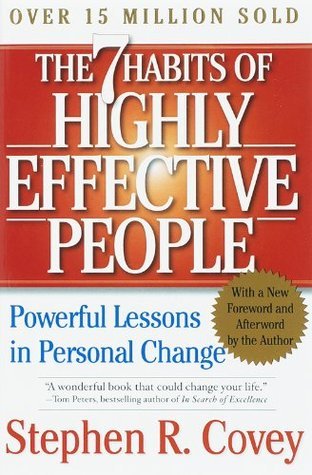Note that this list is not exhaustive, as it is automatically aggregated based on manually assigned categorizations.
If you notice a missing element, or think some of the items are wrongfully categorized, please create a bug/improvement ticket on our github issue tracker.
An overview of all tags used in this publication can be found in our tag list: go to overview
Patterns: goals
problem:You often struggle with deciding what to do next, feeling uncertain about which choice would be most beneficial for you.
description:Employ a mental framework to evaluate your options systematically, aiding in making informed decisions that align with your goals and needs.
problem:You have troubles learning new skills or techniques, as you are afraid it will be more trouble than it's worth.
description:Lower the stakes by reframing your goals, creating an experimental mindset, and sharing your findings.
problem:You tend to push too hard in order to reach a goal, or invest more than you are able to support.
description:Put a hard limit on how much you are willing to invest into a certain endeavour.
problem:How do you make structured progress towards a specific overarching goal?
description:Orientate, Prepare, Execute, Reflect, Adapt, Synthesize
problem:You are looking for ways to enhance productivity by reducing meeting time, interruptions, and communication overhead.
description:Write minimally viable documentation to assist in decision tracking, context understanding, and effective stakeholder communication.
Resources: goals
The 7 Habits of Highly Effective People: Powerful Lessons in Personal Change
( permalink )Covey, S. R.; Collins, J. (2004) The 7 Habits of Highly Effective People: Powerful Lessons in Personal Change. Free Press. isbn: 0743269519.
A revered classic in the realms of both software development and management, Stephen R. Covey’s book delves into the transformative power of effective habits. Covey introduces readers to a set of values and practices that promote mindful time management. He explores the art of personal management systems, the significance of mastering the skill of saying “no,” and the profound notion that “saying yes to something means saying no to something else.” Covey’s book is an invitation for introspection, encouraging readers to reflect on their desired self and guiding them toward tangible steps to achieve personal growth and effectiveness.
Getting Things Done: The Art of Stress-Free Productivity
( permalink )Allen, D. (2015) Getting Things Done: The Art of Stress-Free Productivity. Penguin Books. isbn: 0143126563.
A no-nonsense approach to take control of your time. Allen shares his tips to keep focussed on what is important to you, emphasises the need for a system you can trust, and empowers you to implement a way of organizing your life and commitments that fits your preferences.
The Art of Captivating Conversation
( permalink )King, P. (2020) The Art of Captivating Conversation. Skyhorse. isbn: 1510729062.
King gives us the red pill outline of why we have conversations with people. Bottom line, he says, we want to get something out of the exchange. Whether this is entertainment, confort, friendship, or a more direct purpose. The author has a highly utilitairian view on the subject, aiming to help people that have difficulty with casual conversation to up their game. While cynical at times, the book offers clear, practical advice on how to be a good conversationalist.
Drive: The Surprising Truth About What Motivates Us
( permalink )Pink, D. H. (2009) Drive: The Surprising Truth About What Motivates Us. Riverhead Books. isbn: 9781594488849.
How do you motivate yourself, and others? Did your manager get it right by offering you the chance of promotion if you worked all weekend?
Or would you have preferred a more relaxed approach, where you could work on your own projects, and have the freedom to explore, promotion be damned?
In ‘Drive’, Pink explores the science behind motivation, how it has been applied in the workplace in the past, and how the existing paradigm no longer fits the modern workforce.
The books introduces the reader to the three pillars of motivation: Autonomy, Mastery, and Purpose. It then goes on to explain how these can be applied to your own situation, work or otherwise.
If you are in a leadership position, aspire to be, or are just curious about what makes people tick, this book is a must-read.



